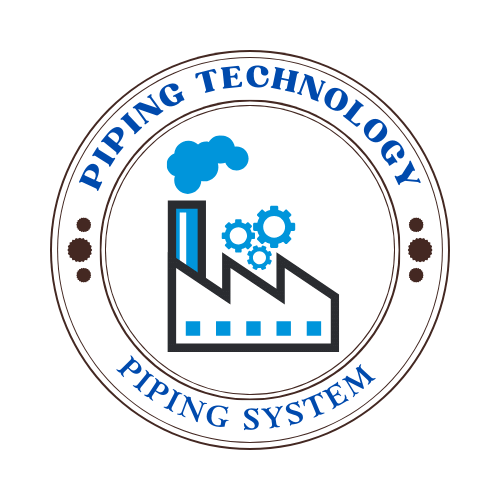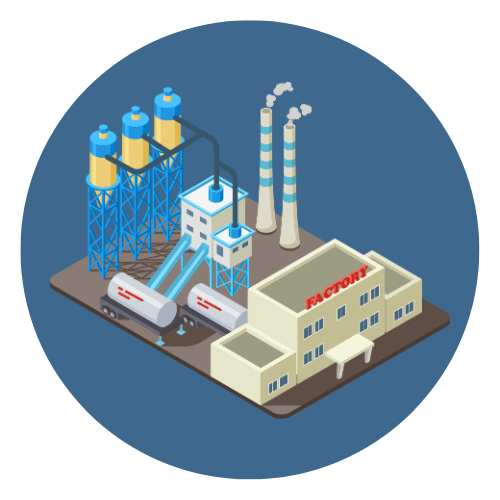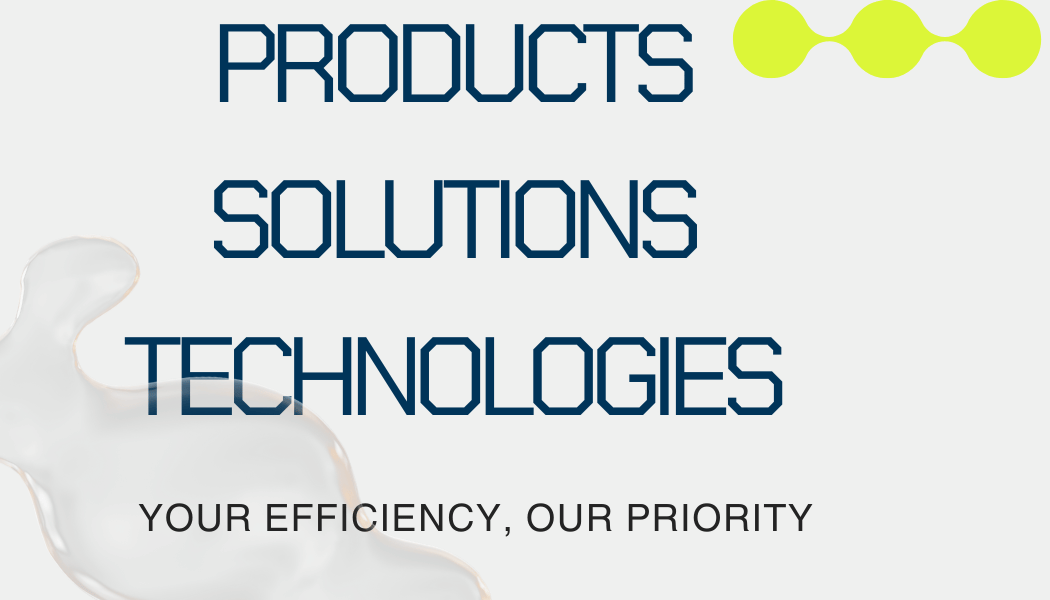Piping Handbook – Mohinder L. Nayyar
Title: Piping Handbook
Author: Mohinder L. Nayyar
Contents and Topics:
- Introduction to Piping Engineering:
- Basic concepts and terminology in piping.
- Overview of the role of piping systems in various industries.
- Piping Materials:
- In-depth coverage of materials used in piping construction.
- Material selection considerations.
- Design and Layout:
- Principles and methodologies for designing piping systems.
- Layout considerations, including sizing and arrangement.
- Stress Analysis:
- Techniques for stress analysis in piping systems.
- Factors affecting the structural integrity of piping.
- Piping Components:
- Detailed information on various components such as valves, fittings, and supports.
- Selection and application of different components.
- Piping Fabrication:
- Fabrication processes and techniques.
- Quality control measures during fabrication.
- Piping Systems and Applications:
- Application-specific considerations for different industries.
- Case studies and examples.
- Testing and Inspection:
- Procedures for testing and inspecting piping systems.
- Compliance with industry standards and codes.
- Maintenance and Repairs:
- Strategies for maintaining and repairing piping systems.
- Rehabilitation techniques.
- Codes and Standards:
- Overview of industry codes and standards.
- Compliance and regulatory considerations.
- Piping Economics:
- Cost estimation and economic considerations in piping projects.
- Life cycle analysis.
- Appendices:
- Additional resources, tables, and reference materials.
Remember, the actual content and organization may vary depending on the edition of the handbook you’re referring to. Mohinder L. Nayyar’s “Piping Handbook” is a comprehensive resource widely used in the industry, but there are also other handbooks and references available that cater to specific aspects of piping engineering.

Contents1 I. Purpose and Scope of SAE J4292 II. Material Specifications in SAE J4292.1 Coating and Plating Requirements3 III. Mechanical Properties of SAE J429 Grades3.1 Additional Mechanical Properties3.2 Heat Treatment and Surface Hardness3.3 Summary of Mechanical Properties by Grade:3.4 Importance of Mechanical Properties in Fastener Selection4 IV. Testing and Quality Standards4.0.1 1. Tensile Testing4.0.2 2. […]

Contents1 I. What is API 610?2 II. Historical Background2.1 Key Milestones in API 610’s Development:2.2 Notable Changes in Recent Editions:2.3 Global Influence and ISO Harmonization3 III. Types of Pumps Covered Under API 6103.1 1. Overhung Pumps (OH)3.2 2. Between-Bearings Pumps (BB)3.3 3. Vertically Suspended Pumps (VS)3.4 Summary of API 610 Pump Types4 IV. Key Design […]

Contents1 I. What is a Pipe Schedule?1.0.1 Key Elements of a Pipe Schedule:1.0.2 Example of a Pipe Schedule:1.0.3 Importance of Pipe Schedules:2 II. Understanding Pipe Schedule Charts2.1 Key Components of a Pipe Schedule Chart:2.2 Example of Reading a Pipe Schedule Chart:2.2.1 How to Use a Pipe Schedule Chart:2.3 Importance of Using Pipe Schedule Charts:3 III. […]

Contents1 Importance in the Field2 Engineering Mechanics: Dynamics Content Summary3 Engineering Mechanics: Dynamics Evaluation of Key Sections3.0.1 1. Introduction to Dynamics3.0.2 2. Kinematics of Particles3.0.3 3. Kinetics of Particles3.0.4 4. Kinematics of Rigid Bodies3.0.5 5. Kinetics of Rigid Bodies3.0.6 6. Vibration and Dynamics of Systems3.0.7 7. Advanced Topics in Dynamics3.0.8 8. Applications and Case Studies3.0.9 […]

Contents1 I. Introduction1.0.1 Brief Overview of ASTM B1171.0.2 Importance of Corrosion Testing1.0.3 Applications in Various Industries2 II. History and Development2.0.1 Origin of ASTM B1172.0.2 Evolution of the Standard Over Time2.0.3 Contributions to Industry Practices2.1 III. Purpose and Scope2.1.1 Objective of ASTM B1172.1.2 Scope of the Standard2.1.3 Importance in Quality Control and Product Development3 IV. Test […]

Contents0.1 I. Introduction0.2 What is ASTM C33 Standard?0.2.1 Definition and Purpose0.2.2 Key Components of ASTM C330.2.3 Importance in Concrete Construction1 II. Overview of Aggregates1.1 A. Definition of Fine and Coarse Aggregates1.2 B. Common Types of Aggregates Used in Concrete1.2.1 C. Role of Aggregates in Concrete Performance2 III. Grading Requirements2.0.1 A. Fine Aggregate Grading2.0.2 B. Coarse […]

Contents1 ASME A17.1 Content1.1 General Overview1.2 Design and Construction Requirements1.3 Operational Safety1.4 Inspection and Testing1.5 Maintenance and Repairs1.6 Documentation and Reporting1.7 Specific Installations1.8 Appendices and Supplementary Materials2 ASME A17.1-2022: Safety Code for Elevators and Escalators Scope2.1 Scope of ASME A17.1-20222.2 Exclusions3 ASME A17.1-2022: Safety Code for Elevators and Escalators Key Requirements3.1 Design and Construction Requirements3.2 […]

Contents1 Key Points of ASME B18.3:2 ASME B18 3 scope2.1 Scope of ASME B18.3:3 ASME B18 3 key requirements3.1 Key Requirements of ASME B18.3:3.2 Dimensional Requirements:4 ASME B18.3 compliance4.1 Steps for ASME B18.3 Compliance:4.2 Ensuring Compliance:4.3 Benefits of Compliance:5 Conclusion ASME B18.3 is a standard established by the American Society of Mechanical Engineers (ASME) that […]

Contents1 What is refrigeration piping size chart?2 What does refrigeration piping size chart use for?3 Piping size of refrigeration piping size chart4 Refrigeration piping size chart app What is refrigeration piping size chart? A refrigeration piping size chart is a tool used in HVAC (Heating, Ventilation, and Air Conditioning) systems to guide technicians, engineers, and […]

Contents1 API 650 Standard overview.2 Scope , Application and Key Requirements of API 650 standard2.1 Scope and Application:2.2 Key Requirements:3 Brief content of API 650 standard API 650 Standard overview. API Standard 650, also known as “Welded Tanks for Oil Storage”, is a well-recognized standard developed by the American Petroleum Institute (API) that outlines the […]


 Automation System
Automation System  Energy Engineeing
Energy Engineeing  Instrumentation System
Instrumentation System  Mechanical Engineeing
Mechanical Engineeing  Piping Technologies
Piping Technologies  Transportations
Transportations  Manufacturing
Manufacturing  Training Material
Training Material 